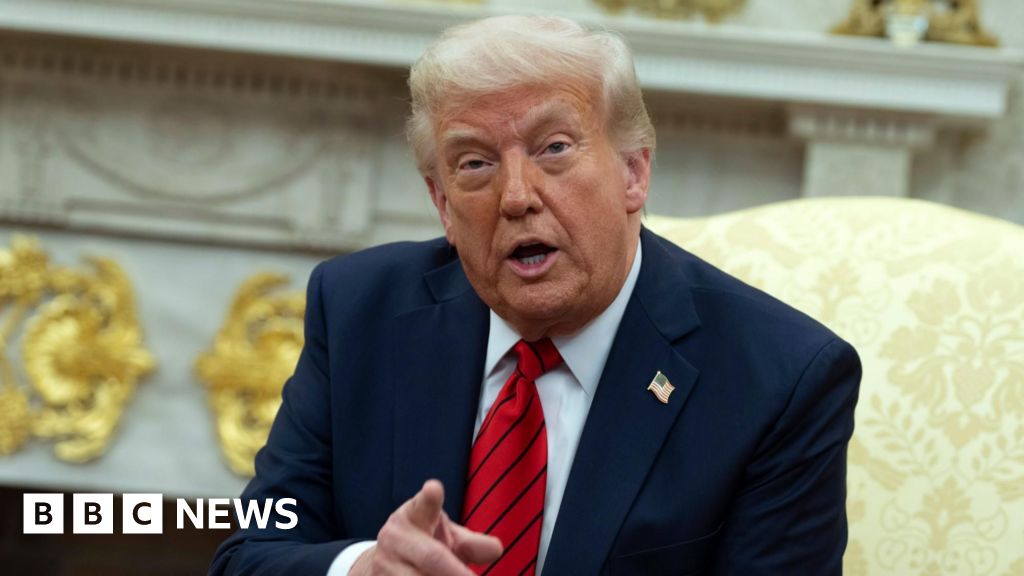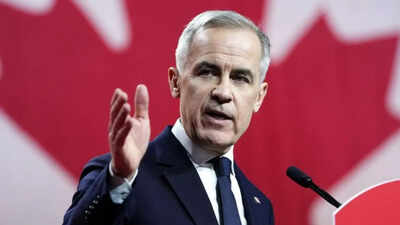The 30th Anniversary of the Oklahoma City Bombing: Reflections on Timothy McVeigh's Legacy

Thirty years ago this month, the world bore witness to a horrific act of violence that would forever change the landscape of American politics and society. The perpetrator, Timothy McVeigh, a young military veteran turned far-right radical, orchestrated a devastating bombing of a federal building in Oklahoma City that resulted in the tragic deaths of 168 individuals, including 19 children. The national response was one of universal revulsion both at the brutality of the act and the extremist ideology that fueled it.
As McVeigh was led away in handcuffs from a rural Oklahoma courthouse just days after the bombing, crowds shouted accusations including baby killer. At 26 years old, he retained the crew cut and steely demeanor from his military days, a stark contrast to the chaos he had caused just an hour and a half south of the courthouse, where rescuers worked tirelessly to recover bodies from the rubble of the Alfred P. Murrah Federal Building. Most of the victims were office workers, but the presence of the children in a day-care center directly above where McVeigh had parked his rental truck loaded with explosives marked the bombing as one of the most heinous acts of domestic terrorism in history.
President Bill Clinton, at the time, rallied the nation by vowing that justice would be swift, certain and severe. His administration swiftly indicated intentions to pursue the death penalty for McVeigh. The bombing marked a significant turning point in public perception of right-wing militia movements, many of which had gained traction following a controversial national assault weapons ban that had enraged gun rights activists. Suddenly, the flirtation with militia ideology came to a screeching halt, fueled by the shocking images of firefighters pulling dead infants from the wreckage.
Even within the radical right, there was disbelief at McVeighs actions. Many in the movement had discussed their desire to confront the government, but few envisioned such an act of mass violence aimed at civilians. Didnt he case the place? questioned one acquaintance of McVeigh, while another lamented that McVeigh had set the Patriot movement back decades.
Fast-forward three decades, and the ideological underpinnings that motivated McVeigh have not only resurfaced but have also moved into the mainstream of American political discourse. McVeigh believed he was striking against what he perceived as a corrupt government, an idea that resonates with contemporary rhetoric from figures like Donald Trump and his supporters, who frequently invoke terms like 'Deep State' in their political campaigns.
McVeigh's worldview reflected a larger sentiment of disillusionment among white working-class Americans who felt abandoned by a government that was increasingly engaged in foreign entanglements while neglecting domestic issues. His beliefs, articulated in the white supremacist novel, The Turner Diaries, painted a picture of a conspiratorial elite undermining the nation's true potentialideas that echo in current political discussions surrounding immigration and diversity.
Furthermore, McVeigh viewed the actions of the government during events like the Waco siege and the Ruby Ridge standoff as injustices that warranted armed resistance. He wore a T-shirt with a quote from Thomas Jefferson, suggesting that the blood of patriots and tyrants was necessary for liberty. This sentiment parallels comments made by current political figures during the January 6 Capitol riots, where language evoking revolutionary themes was used to justify violent actions.
In a retrospective glimpse into the psyche of the far-right today, former President Clinton noted in a recent documentary that the rhetoric used by McVeigh sounds strikingly similar to mainstream discussions today, implying that McVeighs ideological victory is reflected in contemporary political dialogue.
However, the threat posed by the far-right in todays context is no longer solely physical. Many of their ideologies are now being implemented within the government infrastructure through leaders sympathetic to their views, such as Trump. Janet Napolitano, who was involved in the investigation as the U.S. Attorney for Arizona in the aftermath of the bombing, remarked that while there is no longer a movement planning to blow up federal buildings, the notions of government betrayal and elite conspiracy have gained significant traction.
During the Trump administration, the political climate was marked by attempted kidnappings, violent confrontations, and harassment of political opponents, which contributed to a sense of growing radicalization among far-right groups. The messaging sent through pardoning individuals involved in the January 6 attacks undermined the rule of law and encouraged a permissive environment for extremist beliefs.
The early life of McVeigh, following his departure from the military after the Gulf War, saw him grappling with a host of personal issues, including job instability and mounting gambling debts. He became immersed in a subculture of radical right-wing ideology, where grievances against the government were openly discussed among like-minded individuals at gun shows. Many of these gatherings, often likened to Tupperware parties for criminals, fostered an environment steeped in conspiracy theories and anti-government sentiment, including a belief in government surveillance through implanted microchips.
McVeigh's motivations were fueled by real grievances surrounding government overreach, particularly concerning actions taken during the War on Drugs and tragic events like Waco, Texas. These incidents were interpreted by McVeigh as signals of a tyrannical government, prompting him to take extreme measures to seek revenge. Notably, evidence suggests he deliberately targeted the daycare center as an act of vengeance for the children who lost their lives during these government actions.
In the subsequent legal proceedings, the narrative constructed by the government portrayed McVeigh as a lone actor, failing to fully explore the broader ideological currents that had influenced him and the support he may have received from others within the radical right. This narrow focus on McVeigh and his associate, Terry Nichols, neglected to address the larger context of resentment and radicalization that had festered in the United States, ultimately missing an opportunity to educate the public on the deepening tensions that led to such violence.
The consequences of the bombing have rippled through American society and politics, serving as a stark reminder of the destructive potential of radical ideologies and the importance of addressing the underlying grievances that fuel such extremist actions. As we reflect on this tragic anniversary, it is crucial to understand not just the events of that day but the broader societal implications that continue to shape American discourse today.





























